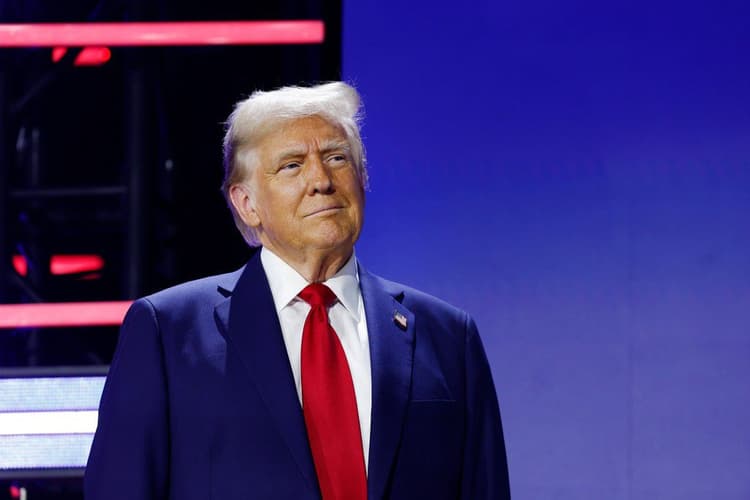United States President Donald Trump has postponed certain tariffs on Canada and Mexico, providing a temporary relief to companies and consumers after market backlash. The delay came after stock markets saw a downturn when new tariffs of up to 25% were implemented on Tuesday, with concerns that these levies could harm U.S. growth and increase inflation.
On Thursday, Trump issued an executive order to pause the newly imposed tariffs on Canadian and Mexican imports, particularly those covered by the United States-Mexico-Canada Agreement (USMCA). The pause will last until April 2, offering a breather to sectors like the auto industry, where parts often cross borders multiple times during production.
Following discussions with U.S. automakers like Stellantis, Ford, and General Motors, the White House confirmed a one-month exemption for auto imports under USMCA. While 62% of Canadian imports will still be subjected to tariffs, much of these are energy products, which face a 10% tariff. Approximately half of Mexican imports are also subject to the USMCA.
Trump emphasized that these moves would “create much more favorable conditions for American car manufacturers,” and Canadian Finance Minister Dominic LeBlanc stated that Canada would hold off on its planned second round of tariffs on $125 billion worth of U.S. goods until April 2.
Trump also warned that reciprocal tariffs would follow on April 2 if no resolution is reached. The President confirmed that broader tariffs on steel and aluminum imports, set to begin next week, would remain unchanged.
Despite the tariff delays, U.S. stock markets continued to decline, underscoring the broader concerns about trade tensions.
Trump, in his remarks from the Oval Office, highlighted progress in talks with Mexican President Claudia Sheinbaum, particularly in addressing issues related to illegal immigration and drug trafficking—key issues driving U.S. tariffs on both Mexico and Canada.
Meanwhile, Canadian Prime Minister Justin Trudeau reiterated that Canada remains focused on eliminating all tariffs, signaling that a full resolution to the trade conflict may take longer. Despite this, both nations seem committed to finding common ground, even as tensions persist.
This decision by Trump also marks a broader recognition of the economic realities that tariffs disrupt supply chains, and much of the burden falls on U.S. consumers and businesses. However, U.S. Treasury Secretary Scott Bessent downplayed concerns over inflation, suggesting any price impacts would be temporary.
The U.S. trade deficit surged to a record high in January, partially driven by increased imports ahead of expected tariffs.

